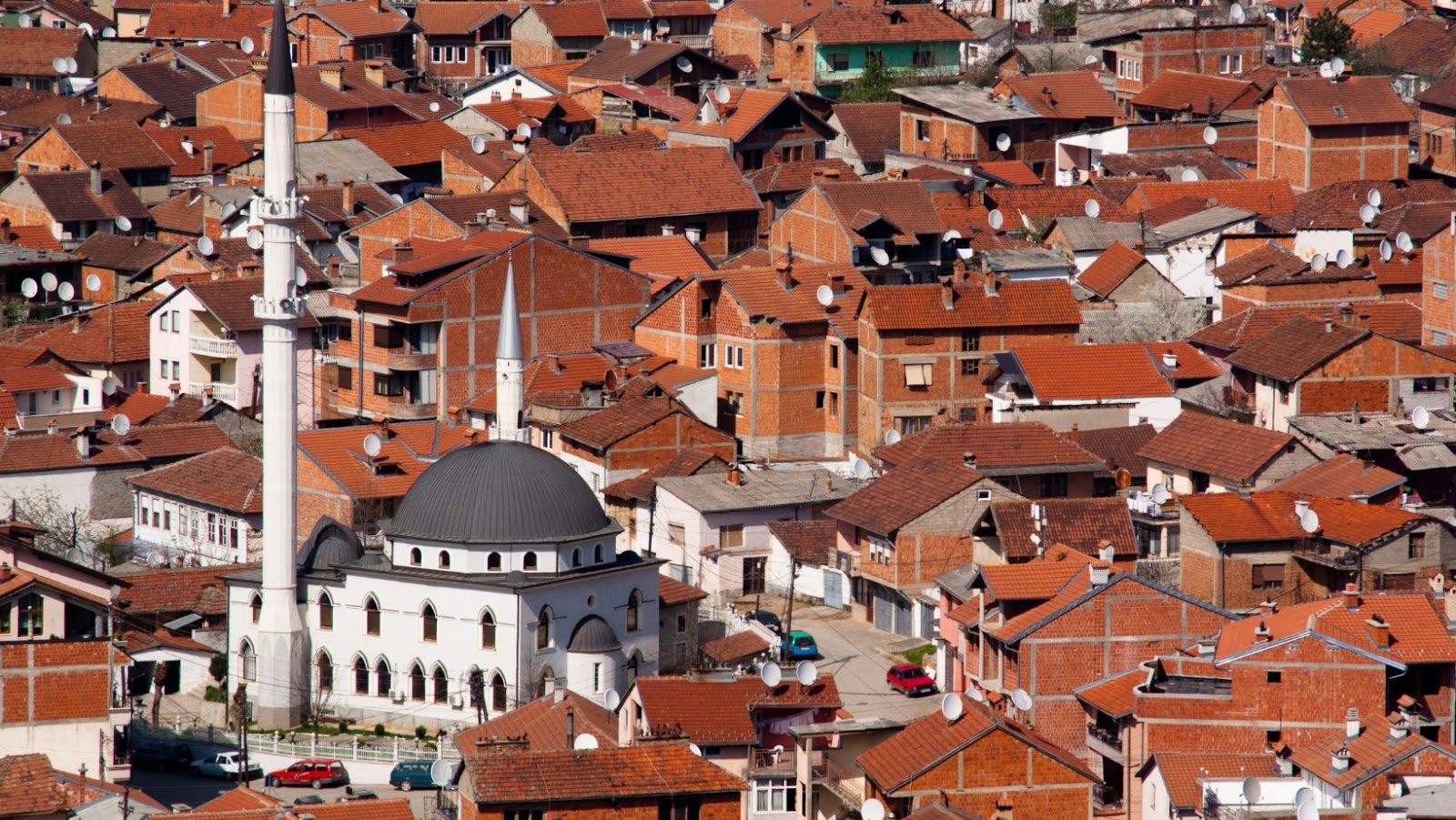History of Kosovo
The history of Kosovo is a complex and fascinating subject that spans centuries. Located in the heart of the Balkans, this region has witnessed numerous political, cultural, and social changes over time. Understanding the history of Kosovo is key to comprehending its current status and ongoing challenges.
One significant aspect of the history of Kosovo is its rich cultural heritage. The region has been inhabited by various civilizations throughout history, including Illyrians, Romans, Byzantines, Ottomans, and more. This diverse mix of influences has left lasting imprints on the traditions, architecture, language, and customs of the Kosovar people.
Another crucial chapter in Kosovo’s history revolves around its struggle for independence. The late 20th century saw a series of conflicts and tensions between different ethnic groups within Yugoslavia, leading to a declaration of independence by Kosovo in 2008. However, this move was met with mixed international recognition and continues to be a contentious issue today.
Exploring the history of Kosovo allows us to grasp the complexities that have shaped its present-day reality. From ancient civilizations to modern geopolitical challenges, this region holds a wealth of stories waiting to be uncovered. By delving into its past, we can gain valuable insights into the forces that have shaped Kosovo’s identity and continue to shape its future.
Origins of Kosovo
Kosovo, a region located in the Balkan Peninsula, has a rich and complex history that dates back centuries. Understanding the origins of Kosovo is essential to grasping its cultural significance and geopolitical dynamics.
The history of Kosovo can be traced back to ancient times when it was inhabited by various Illyrian tribes. These tribes were later influenced by the Roman Empire, which left its mark on the region through infrastructure development and cultural assimilation.
During the mediaeval period, Kosovo became an important centre for Serbian Orthodox Christianity. It was part of the Serbian Kingdom and later the Serbian Empire, which reached its peak under Emperor Stefan Dušan in the 14th century. The famous monastic complexes of Gračanica and Visoki Dečani exemplify this era’s architectural splendour.
However, in 1389, a pivotal event occurred that would shape Kosovo’s future. The Battle of Kosovo took place between Serbians led by Prince Lazar Hrebeljanović and Ottoman Turks led by Sultan Murad I. Although both sides suffered heavy losses, it marked the beginning of Ottoman rule over Kosovo for nearly five centuries.
Under Ottoman rule, Kosovo experienced significant demographic changes as Albanian Muslims migrated to the region. This migration resulted in a diverse ethnic makeup with a Muslim majority population coexisting alongside Serbian Orthodox Christians.
The 20th century witnessed turbulent times for Kosovo as it went through various political transformations within Yugoslavia. After World War II, it became an autonomous province within Socialist Yugoslavia under Josip Broz Tito’s leadership.
In more recent history, tensions escalated during the breakup of Yugoslavia in the 1990s. Ethnic conflict arose between Albanians seeking independence or greater autonomy for Kosovo and Serbs opposing such measures. Eventually, NATO intervened militarily in 1999 to prevent further violence and established an international administration over Kosovo.
In 2008, following years of negotiations and international involvement, Kosovo declared independence from Serbia. Today, it is recognized as an independent country by a majority of United Nations member states.
The origins of Kosovo are deeply intertwined with the region’s diverse cultural heritage and complex historical events. Understanding this history provides valuable insights into the geopolitical landscape of Kosovo and its ongoing quest for stability and self-determination.
